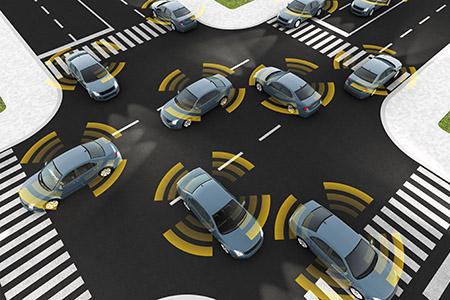Co-operative Mobility Systems and Automated Driving Roundtable

The potential for car sharing and ride sharing to meet urban transport demand is attracting increasing attention. We might now be seeing the first waves of a radical change in the format of car use and ownership. Work should therefore be undertaken to analyse to which extent car sharing and/or ride sharing can be tools for reducing car ownership levels in urban areas and changing use of vehicles and road space.
In multi-modal journeys the last-mile is crucial. Lack of convenience and personal safety concerns for this trip segment often deter modal shift. Conventional public transport is in most cases unable to provide last-mile transport, particularly at low-demand times and low density locations. Here new trends and technologies, including shared mobility concepts and vehicle automation, have the potential to radically improve service provision, enabling a paradigm shift for urban mobility.
This ITF Roundtable covered the following specific issues:
- What vehicle automation concepts are being developed and how could car sharing, ride sharing, and other shared-mobility concepts make use of them?
- What kind of infrastructure modifications or restrictions on use by other types of vehicles will be needed to enable safe operation of vehicles without drivers?
- What short (2020) to medium-term (2030) future societal and economic factors and developments may have an effect on this?
- What is the relation of these services to existing public transport systems, and how should public authorities respond to them?
- How can these services (as part of a multi-modal system) bring maximum mobility benefits to end users at minimum cost?
- How does vehicle automation need to be regulated in order to promote safe operation of vehicles and systems?
- What types of cities are likely to be more or less successful in use of shared mobility and automated transport systems?